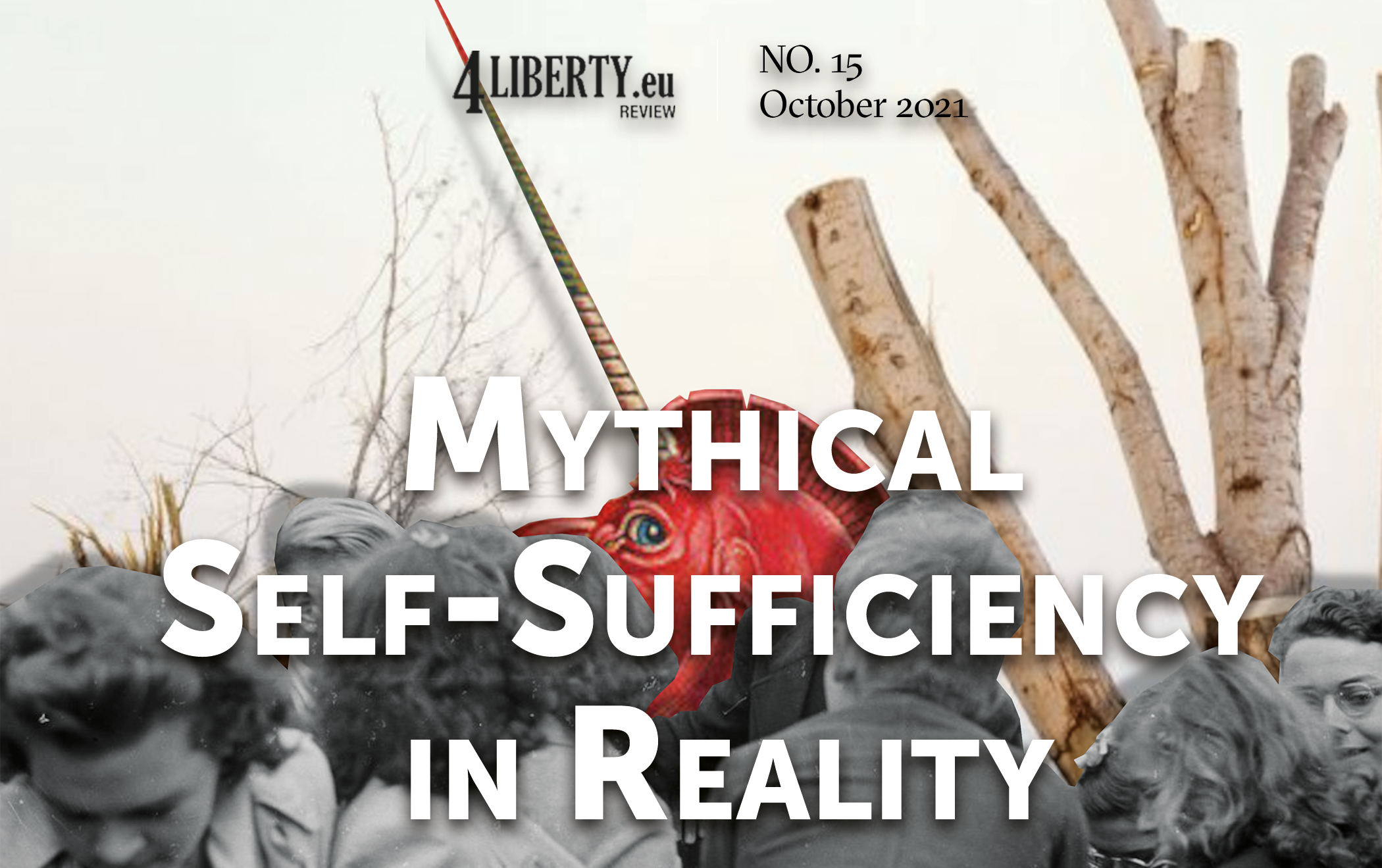
Humans are a social species. This is not unique within mammals, as many live in packs. These animals enjoy support of other group members, but their roles are mostly uniform. At the same time, the level of specialization humans developed is barely comparable with social insects like ants or bees.
In fact, over the course of civilization’s development, very few humans could perform all tasks required for survival. This strategy is risky, of course, as detachment from civilization likely spells death. That is why in some cultures exile was used instead of the death penalty, because it was mostly equivalent, especially in harsher environments.
Download full article:
TOMASZ KASPROWICZ / RISE AND FALL OF AUTARKY
On the other hand, specialization yields huge benefits. It allows accumulation of specialized capital and allows one to gain know-how, which increases efficiency exponentially. The problem is that the producer is limited in her consumption to her product. Higher production allows one to enjoy higher standards of living, but only if trade is possible.
The choice between being a generalist or specialist applies to individuals, tribes, nations, societies, and states. We observed many approaches over the course of the years, with societies more open to trade and more reclusive. There were also various explanations to particular decisions based on historic animosities, religion, culture or even geography. But even in prehistoric times groups of people met and traded. Long distance trade took place at least 150,000 years ago which is about half of our existence as a species. In order to facilitate trade between otherwise suspicious or even hostile groups, people created rituals.
The decision whether the state should be a self-sufficient generalist and independent from the outside world, or a specialist and fulfil the needs of its citizens via trade is an important political issue highly debated nowadays.
Of course, the decision is very rarely between the two extremes: pure autarchy versus full openness. This is because very few countries could support the size of its population on current levels given limits in their natural resources (not to mention quality of living). In fact, in many cases even the food production could be a challenge as demonstrated by the case of the most autarkic state nowadays – North Korea.
It is more a debate about the degree of openness, and it was recently amplified by the COVID-19 pandemic. And the arguments go both ways. On the one hand, access to vital medical supplies is of paramount importance in such situations.
As the global demand grew, shortages appeared and countries that were the centers of production of essential medical supplies could stop exports to fulfill their needs first. Such was the case of Germany, which stopped exports of protective gear. This act was met with outrage and was quickly criticized by EU institutions, but still the fear that such situations can happen again under even more dire circumstances remained. This Shortage in the time of global need is the first argument for more autarky or self-sufficiency.





















